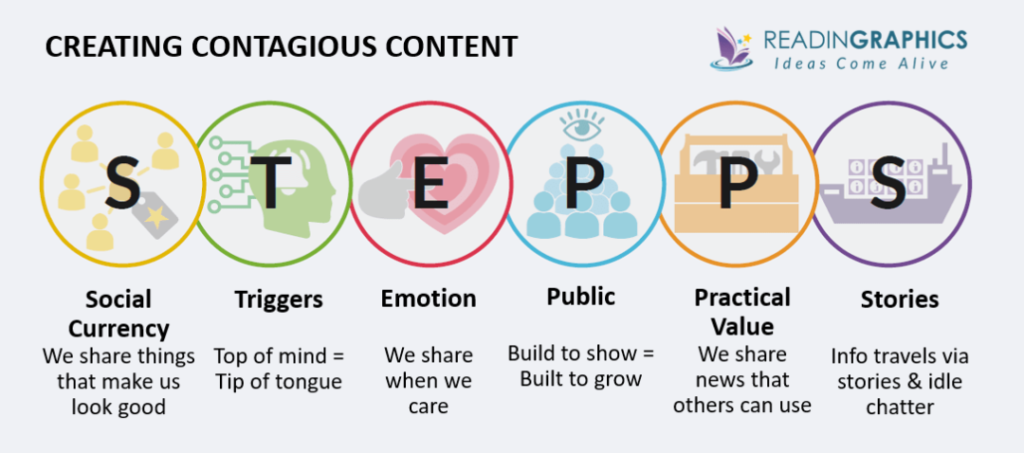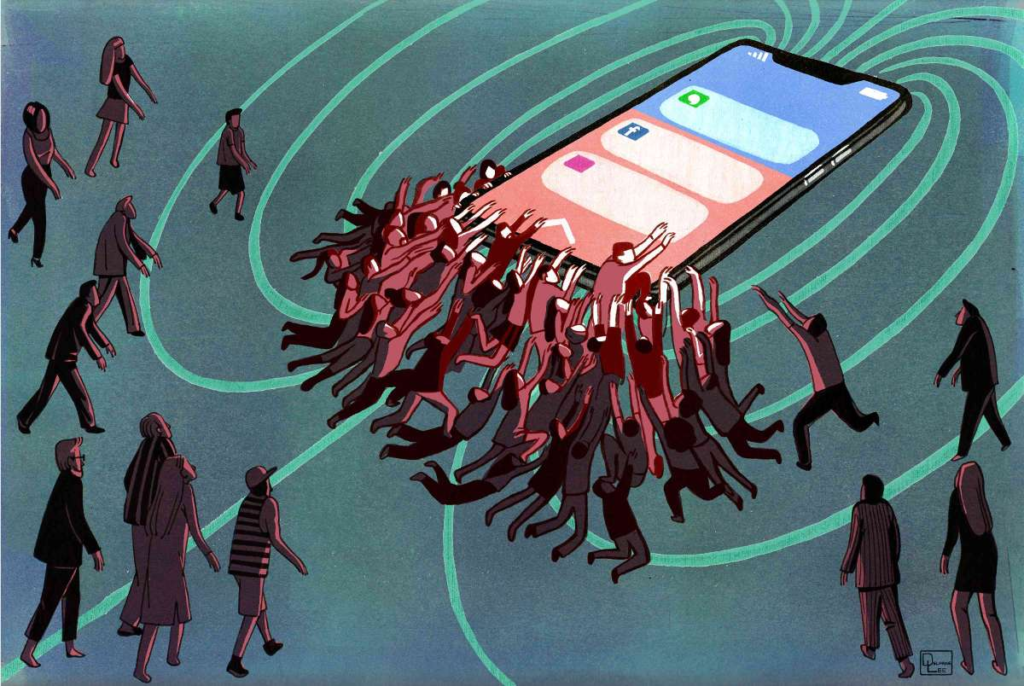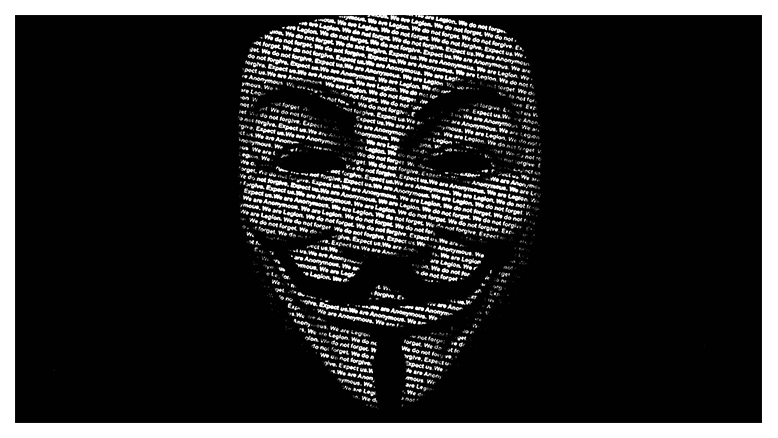What is Contagious Marketing? Is it Beneficial or Misleading? How Does it Impact Social Media?
In today’s hyper-connected world, contagious marketing is more than a trend—it’s a digital phenomenon that shapes our daily interactions, buying habits, and even how we view ourselves. And thanks to social media, it spreads faster than the flu season in a kindergarten classroom.
Regardless of what people say, humans have an irresistible urge to give advice, offer tips, and—let’s face it—sometimes overshare. This instinct, when amplified through the internet, becomes a breeding ground for contagious marketing.
Social Media Marketing and Its Impact
Since the advent of the internet, people have found platforms to share their lifestyles, passions, and personalities with the world. For many introverts and anxious souls, this digital revolution has been liberating. It gave diverse creatives a platform to express themselves and introduced the world to organic content from previously unheard voices. The internet has become an inclusive space, at least in theory.
The COVID-19 pandemic in 2020 forced the world to re-evaluate how we work, learn, and connect. While remote work and online education weren’t brand-new concepts, the pandemic fast-tracked their adoption. Enter: Social Media Marketing—the new messiah for entrepreneurs looking to stay afloat or thrive in the digital economy.
With just a click, brands can now market themselves in ways that previously took months and hefty budgets. Flyers? Obsolete. TV ads? Optional. A viral post? Priceless. No wonder traditional advertising careers are slowly being ghosted like a bad Tinder date. (FYI, I don’t do Online dating)
But with great reach comes great responsibility—and, sometimes, manipulation.

Is Contagious Marketing in Social Media a Boon or a Bane?
Social media platforms have become lifelines for Millennials and Gen Z. But with that dependency comes addiction. And addiction—be it caffeine, gossip, or scrolling—is rarely healthy. We know this, yet can’t seem to stop.
Beyond the dopamine hits and clever hashtags, social platforms also host dangerous misinformation, leading to cyberbullying, scams, and communal hatred. Rumours and propaganda spread like wildfire, cleverly disguised as truth. Political ads, edited news clips, and even influencers’ opinions can distort our understanding of reality. It begs the question: Are we in control of social media, or is it quietly controlling us?
This mass manipulation has even earned us a new label: the Digitally Colonised Society. Harsh? Maybe. Accurate? Quite possibly. So, are we just puppets in the hands of cyber overlords profiting off our clicks and chaos? Or is there more nuance to the story?

What Is Contagious Marketing, Really?
Let’s bring in the big brains. Professor Jonah Berger, a marketing scholar, coined the term Contagious Marketing after years of studying virality. His research outlines why certain content spreads like wildfire—hint: it’s not just cat videos and conspiracy theories.
Contagious marketing uses Social Currency, emotional triggers, and storytelling to make messages stick and spread. Think of it as digital word-of-mouth—but on steroids. From political campaigns to lifestyle brands, contagious marketing strategies dominate our feeds.
And the results? More engagement, more visibility, more dollars. But not always more truth.

Social Media and Its Dark Side
Let’s talk about the elephant in the newsfeed. Most influencers curate their lives for maximum engagement, not maximum honesty, for a Social Image. And hey, it’s not entirely their fault. Social platforms reward sensationalism. That doesn’t mean we should believe everything we see.
Humans have always loved to pretend in the game of toxic positivity. Social media just gave us better tools and filters (literally). Even sadness is sometimes staged—for sympathy, attention, or just to ride an emotional trend.
Real grief or joy? Those often go undocumented. Because when you’re deeply happy or in genuine pain, the last thing you think of is picking up your phone. Then again, we live in different times now.
Still, millions follow influencers as if they’re prophets. And while some share valuable, heartfelt content, others spread illusions that deepen insecurities and spark digital wars. The result? Rising mental health issues, distorted self-worth, and a loss of authenticity—damaging the core values of the human spirit.

The Bigger Picture: Insights and Ironies
In a world addicted to speed and visibility, we’re forgetting the slow, painful, beautiful process of real creativity. Everything must now be instant, clickable, and viral.
It is turning the creative industry into a subtle battle of creative vs capital, where originality often takes a backseat to profitability.
Yet, it’s not all doom and gloom. Not every influencer is a wolf in Wi-Fi clothing. Many use their platforms to raise awareness, encourage self-improvement, and speak about mental health, career struggles, or social issues.
Contagious marketing in Social Media, at its best, can unite people, promote meaningful ideas, and challenge outdated norms. At its worst, it manipulates emotions, spreads misinformation, and commodifies our every thought.
So, what’s the antidote? Awareness. Critical thinking. And maybe, just maybe, logging off now and then.
Before this profit-hungry system fully consumes our minds, let’s remember: not everything that goes viral is worth catching.

